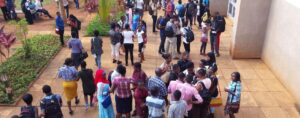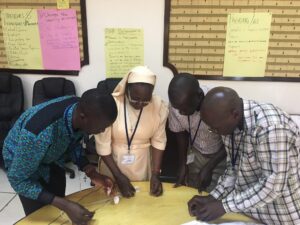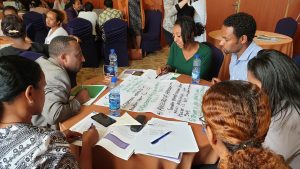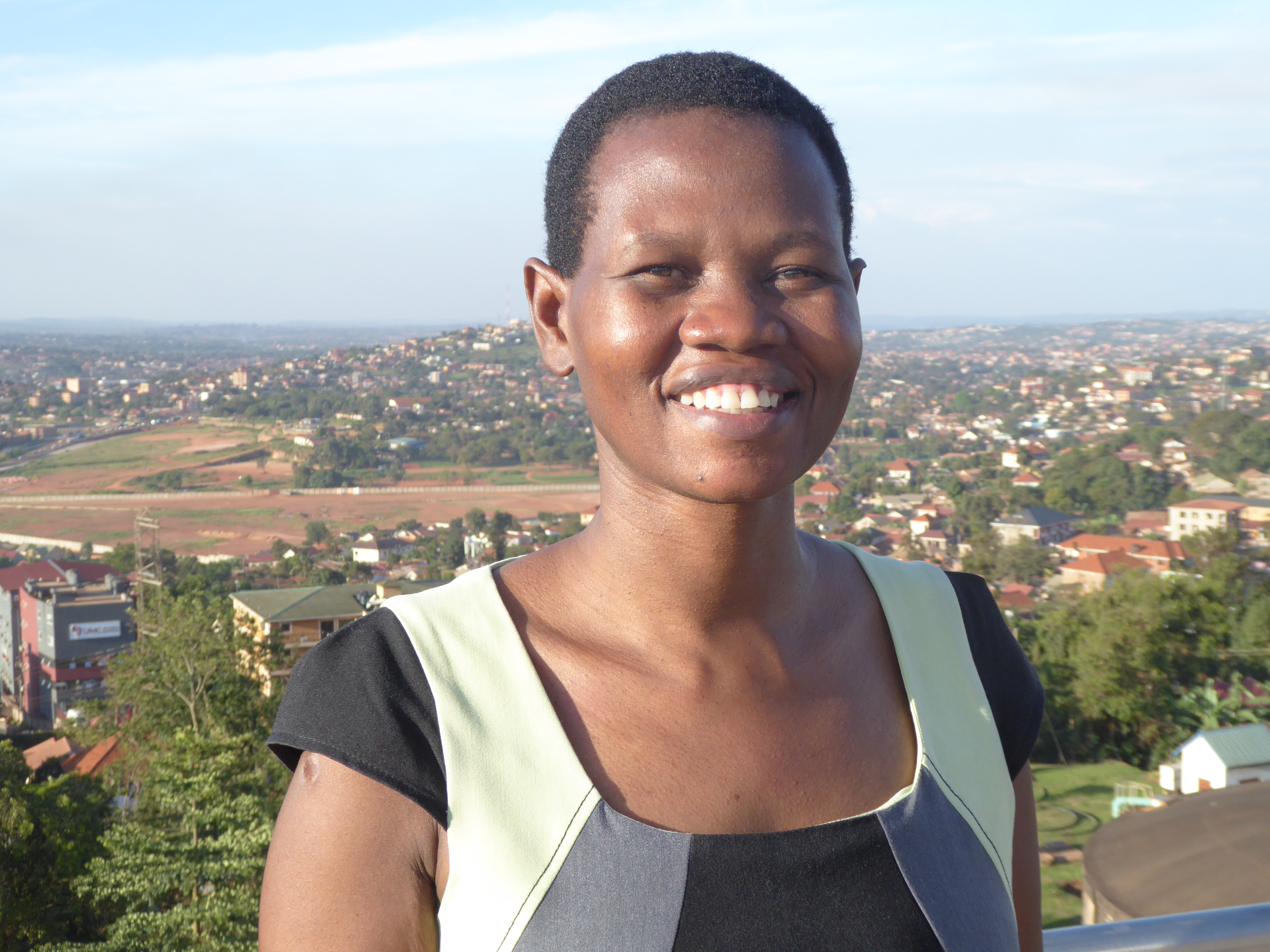
University courses should support critical thinking skills to help address national needs
The TESCEA partnership is helping young people in higher education in east Africa develop the critical skills they need for employability and to enable them to contribute to wider society.
The TESCEA partnership brings together four universities in Tanzania and Uganda, INASP, and three Kenyan organizations experienced in supporting higher education institutions to transform their teaching and learning and strengthen their connections with employers and communities. TESCEA is supporting universities to transform teaching and learning by re-thinking pedagogy and re-designing curricula, and strengthen links with businesses and communities, to help bridge the gap between university education and wider society.
Uganda Martyrs University is one of the TESCEA partners and has embraced the project, with champions among the senior leadership. In the first of a series of posts from TESCEA partners, Professor Harriet Mutonyi, Associate Professor in Education at the university, shares some of the challenges that the project is hoping to address.
The development of African countries is highly dependent on universities that can be considered to be the hubs for research and knowledge creation. Universities are tasked with being able to provide the economy with the people who are able to push it further and so the first role of universities in helping to improve graduate employability is about the relevance to the national needs of what we are offering to graduates.
In the courses we design, and in how we teach them, we have a huge role. We also have an important advocacy role in terms of making sure governments understand what we are about and what we are doing.
I have done research on universities in Africa and observed how the system itself does not relate to where we are as countries. The system is European-based and so most of the content is removed from our context. We are seen as “consumers of knowledge”, more than creators of knowledge or drivers of innovation. We are often dependent on the main centres of knowledge and the world scientific networks. In addition, many African academics use foreign materials for their teaching and these materials can be devoid of African-related ethos that would help create innovations required in today’s world.
I wanted to be part of the TESCEA partnership because I wanted a platform from which I could advance critical thinking in Ugandan universities. It is important for young people to develop critical thinking skills. They are the future, but by the time they get into university, their future is also now. Instead of waiting for some future day, I think they should already be questioning certain things. In the education system they have come through they are told, and told, and told – and within their homes they are told, and told, and told. It is critical for them to know that they have a voice, and they can be able to rethink and re-plan.
To create that environment is a challenge. Even within our classrooms they don’t feel it is appropriate to question even what we are delivering; I keep telling them, “If you do not agree with this, drop it out”; they say “No-one asks us that!” – and I say, “No, but they should, because it is about you!”
Transforming Employability for Social Change in East Africa (TESCEA) supports universities, industry, communities and government to work together to create a learning experience for students that produce employable and creative graduates for social change.
TESCEA is a partnership funded by the SPHEIR (Strategic Partnerships for Higher Education Innovation and Reform) programme.

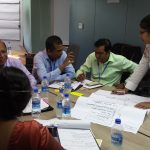 Previous Post
Previous Post Next Post
Next Post